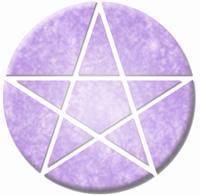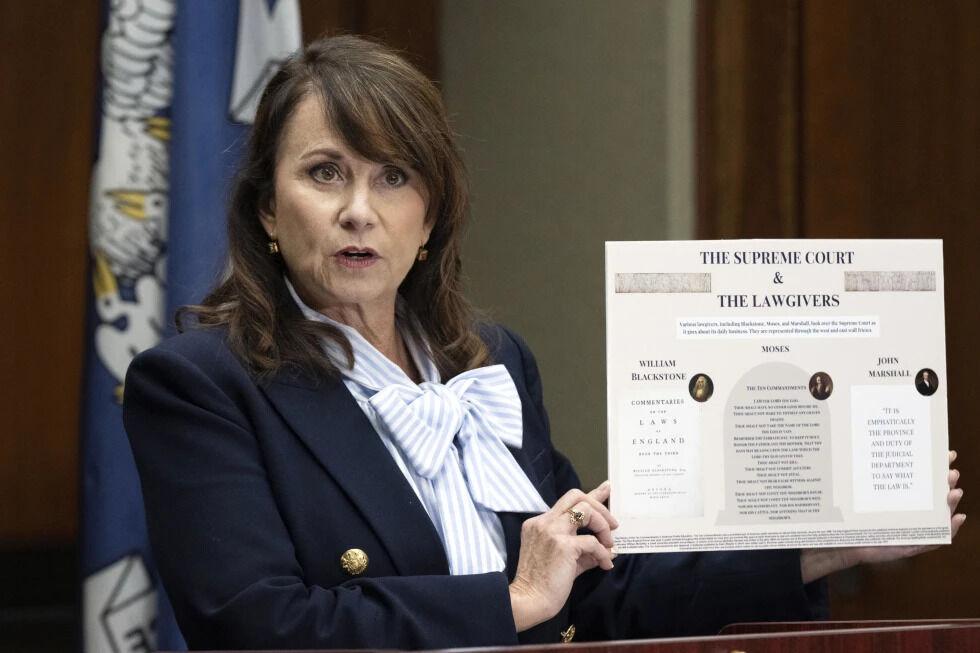Students need not worry about flying broomsticks or their friends turning into toads, but the University has its fair share of witches.
Also known as Wicca, witchcraft is one of many earth-based religions focusing on symbols, seasons, nature and other components of ceremonial magic and practices.
The Open Circle is a campus organization dedicated to providing a place for pagans to meet other pagans and educate students on nature-based religions. They have been trying to educate students with table sits in Free Speech Alley this week and events letting students learn about Wicca and Paganism.
“We want to let everyone on campus know about Paganism,” said Joe Howe, founder and president of The Open Circle. “We are weaving our way into LSU’s religious fabric and we want to begin working with other faiths to see what we have in common and to hear what they have to say.”
“Come Out of the Broomcloset,” which was organized by the organization in Tureaud Hall on Oct. 26, featured pagan games and costume contests, pizza and real pagan rituals.
According to religioustolerance.com, Gerald Gardener founded modern traditional Wicca in the 1940s. It now is estimated to have close to 750,000 practitioners, making it the fifth largest religion in the United States behind Christianity, Islam, Judaism and Hinduism.
“Almost every day of your life [as a Pagan], is about education and dispelling the stereotypes and myths about Paganism,” said Wendy Bourg, an LSU graduate who is an associate member of the organization.
Ina Fandrich, a religious studies professor and Open Circle’s advisor, who taught a women and witchcraft class over the summer, also added Wicca is a grossly misunderstood religion.
“When Christianity came into power, any alternative religions were deemed evil,” Fandrich said. “Wicca is definitely not evil.”
Wicca began in part because of ancient Northern European Pagan beliefs, many pre-dating Christianity.
Gardener, a British civil servant born in 1884, had many theories concerning the origins of Wicca.
He said Wicca began prehistorically with the rituals that celebrated fire, the hunt, animal fertility, the curing of disease, planting crops and tribal fertility.
According to Gardener, Wicca survived the Roman, Saxon and Norman invasions by going underground. It suffered major losses due to the Christian persecution of the 18th century.
More recently, Wicca made a surge in popularity in 1950s England because of Gardener’s published works.
Contrary to popular belief, Wiccans do not cast spells or use “black” magic. Wiccans are forbidden to use spells that attempt to control, dominate or manipulate a person.
“Wicca is a very wonderful religion,” Fandrich said. “It celebrates the earth and all its creatures as sacred.”
Pagan events aim to dispel misconceptions
By Tim Basilica - Staff Writer
September 30, 2002

Pagan events aim to dispel misconceptions
More to Discover







